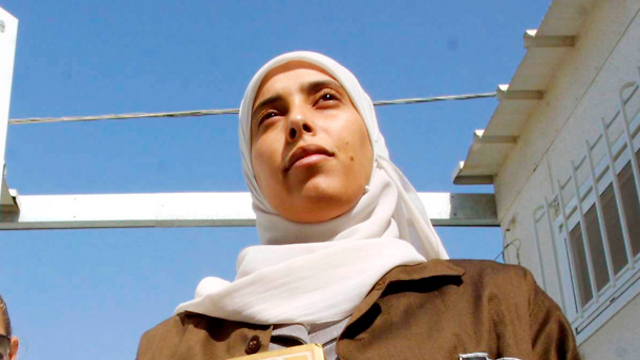
The court upheld a previous decision made by an appeals court in Amman.
According to a Jordanian legal expert, the US and Jordan signed an extradition agreement in 1995, but it was never approved by the Jordanian parliament and is therefore not valid.
Tamimi, a Jordanian citizen, drove the suicide bomber, Izz al-Din Shuheil al-Masri, to the restaurant in Jerusalem after having scouted out the location.
Al-Masri, who was in possession of an explosive device packed with nails, nuts and bolts, detonated the bomb when the restaurant was at peak occupancy, killing 15 people and wounding 130 others. Among the fatalities were seven children and a pregnant woman.
For her role in the attack, Tamimi was sentenced to 16 life terms, but was released eight years later as part of the Gilad Shalit prisoner exchange deal between Israel and Hamas.
After her release from prison, Tamimi became a television star in Jordan and symbol of the struggle against Israel.
In an interview with Hamas, Tamimi said, "It was a calculated act conducted with conviction and faith in Allah. A Jihad warrior is always ready for martyrdom, imprisonment or to succeed in the mission. I succeeded in overcoming prison and I was released—why should I be regretful?"
In addition to the extradition order from the Justice Department, the FBI added Tamini to its list of Most Wanted Terrorists.
Acting Assistant Attorney General for National Security, Mary B. McCord, and Assistant Director in Charge of the FBI's Washington Field Office, Andrew Vale, made the announcement, in which they described Tamimi as an "unrepentant terrorist."
(Translated and edited by Yaara Shalom)

















